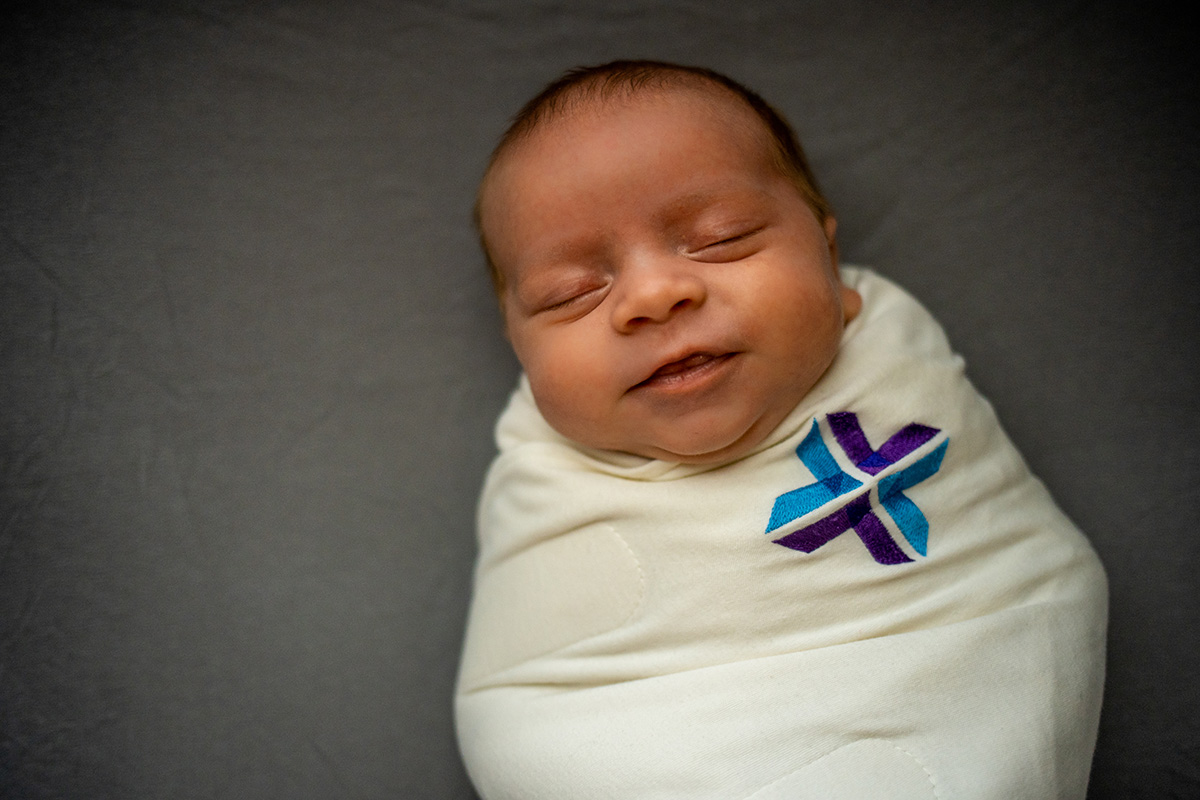
Top 10 summer safety tips to help kids have fun and stay injury free
The summer is one of the most exciting times of the year for your kids, but it’s also a time when kids can be at risk for injuries. That is why Safe Kids of the Piedmont is encouraging all parents and caregivers to be prepared with simple safety tips this summer.
Risks of swimming tragedies increase in the summer. Two-thirds of drowning deaths occur in the summer, between May and August, and most commonly on the weekends.
“The summer is a great time to connect with family and friends and spend time outdoors, hanging out by the pool or grilling out at a barbeque,” said Penny Shaw, Safe Kids of the Piedmont coordinator. “But with all these activities come safety risks that we may not always think about. By reminding ourselves of a few safety tips, the summer can be safer and fun for everyone.”
Safe Kids of the Piedmont recommends the following top tips to stay safe during the summer.
Give kids your undivided attention. Actively supervise children throughout the summer, whether it’s at the playground or in and around water. Small children can drown in as little as one inch of water.
- Use the Water Watcher strategy. When there are several adults present and children are swimming, use the Water Watcher card strategy to designate an adult as the Water Watcher for a certain amount of time (such as 15-minute periods) to prevent lapses in supervision and give parents a chance to read, make phone calls or take a bathroom break.
- Educate your children about swimming safety. Every child is different, so enroll children in swimming lessons when you feel they are ready. Whether swimming in a backyard pool or in a lake, teach children to swim with an adult. Older, more experienced swimmers should still swim with a partner every time.
- Learn CPR. We know you have a million things to do but learning CPR should be at the top of the list. It will give you tremendous peace of mind – and the more peace of mind you have as a parent, the better. Contact your local Red Cross at 888-307-5848 or visit https://www.redcross.org for information about local CPR classes.
- Be extra careful around fireworks. Teach children to never play with or light fireworks. Adults should always supervise children around fireworks. The best example is to leave fireworks to the professionals.
- Wear life jackets. Always have your children wear a life jacket approved by the U.S. Coast Guard while on boats, around open bodies of water or when participating in water sports. Make sure the life jacket fits snugly. Have the child make a “touchdown” signal by raising both arms straight up; if the life jacket hits the child’s chin or ears, it may be too big or the straps may be too loose.
- Drink water during sports. Have your kids bring a water bottle to practice and games and drink plenty of water before, during and after play. This is especially important in summer months to avoid dehydration.
Set up your grill with safety in mind. Use long-handled grilling tools and position your grill away from siding, deck railings and overhanging branches, while keeping a safe distance from play areas and foot traffic. Periodically remove grease or fat buildup in trays below the grill so it cannot be ignited by heat.
- Never leave your child alone in a car, not even for a minute. It can be tempting to leave a child alone in a car while you quickly run into a store, but it can cause serious injury or even death in a matter of minutes. Reduce the number of deaths from heatstroke by remembering to ACT – avoid heatstroke, create reminders, and take action if you see a child left alone.
- Wear a helmet for biking and other wheeled sports. We have a simple saying: "Use your head, wear a helmet." It is the single most effective safety device available to reduce head injury and death from bike crashes. Kids should wear a helmet when riding a scooter, skating, skateboarding or biking.
For more information, visit www.safekids.org.












